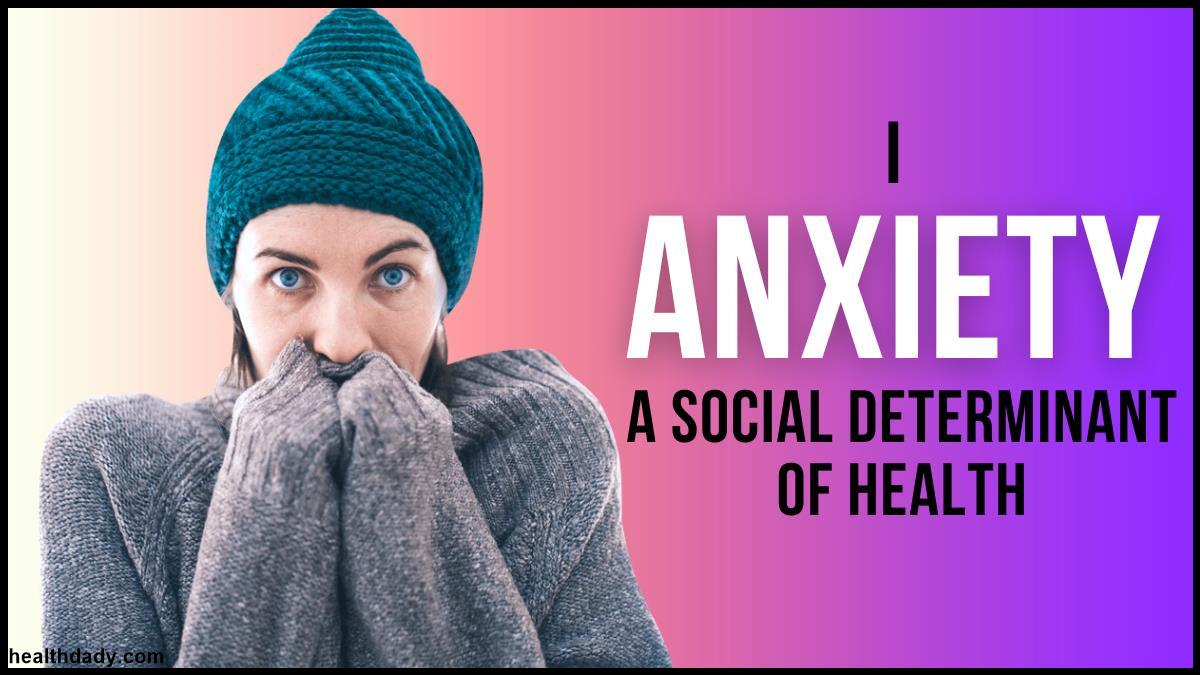Ultimately, you would have got an answer to your question is anxiety a Social Determinant of Health.
Table of Contents
Is Anxiety a Social Determinant of Health?
Anxiety is a popular issue experienced by many people worldwide. This affects both the mental and physical health of the people affected. Do you have any idea about is Anxiety a Social Determinant of Health? This means that anxiety can be influenced by things like where we live. Our income and the support we get from others. This post helps you to see how anxiety can be a social determinant of health:
Understand Social Determinants of Health
The Social Determinants of Health, SDOH are the social, personal and environmental aspects. These help in shaping your health and welfare. These are the aspects like how much money you make, where you live and what resources your neighbourhood offers. SDOH are the nonmedical factors of your life that you might not think to talk about with your healthcare provider. This is because you won’t see how they connect to your health
Studies show that SDOH is not just related to your health, but it can determine your health. This means they can influence your risk for several medical conditions and how you feel from day to day.
For instance, you must have a steady income helping you to buy nutritious food and get regular health screenings. If you have a car, it will be easier to get appointments or pick up your medications.
But if you are working without personal time off or living far away from the grocery store without any reliable transportation, it can make it harder to do things. This includes eating fresh produce or regularly seeing a primary care provider who can support your health.
The Connection Between Anxiety and Social Determinants
Social Determinants of health can fall into five main groups as below:
- Economic Stability
Economic stability is a vital determinant of anxiety levels. People who experience financial hardships usually face chronic stress, which can lead to anxiety disorders. The constant worry about their job security or providing for their families can create a cycle of stress impacting their mental health.
Also, financial restrictions can limit access to mental health services, which leaves people without the support they need.
- Education
Education plays an important role in shaping the anxiety levels. Some research shows that people with lower educational achievement are more likely to experience anxiety. This connection can be attributed to various factors, which include a lack of awareness about mental health resources and fewer opportunities for rising flexibility.
Conversely, educational environments that promote inclusivity and flexibility help mitigate anxiety. This demonstrates the importance of education in mental health.
- Social and Community Life
The social networks and community environment in which people live are critical to their mental well-being. Strong social connections can help as a protective factor against anxiety, while social isolation and discrimination can worsen it. The communities can experience violence, instability, or higher levels of disgrace surrounding mental health, which can create environments where anxiety flourishes.
Programs that improve social cohesion and community engagement can help improve anxiety by providing support and connection.
- Healthcare Access
It is important to have access to quality healthcare for managing anxiety and other mental health conditions. Unluckily, most people face blocks to access mental health services due to cost, lack of insurance or physical limitations. Those who are without adequate healthcare coverage may sacrifice necessary treatment, which leads to worsened anxiety and other health issues.
Also, systematic discrimination within the healthcare system can prevent people from seeking help compounding mental health discrepancies.
- Neighbourhood
The neighbourhood where people can live considerably influences their mental health. The environments that are categorized by high crime rates, limited recreational spaces and a lack of community resources can contribute to increased anxiety.
Conversely, neighbourhoods that offer safe spaces for social interaction, parks and community centres can improve a sense of belonging and reduce anxiety levels. Urban planning, which prioritizes mental health, can positively impact community well-being.
To Conclude
Ultimately, you would have got an answer to your question is anxiety a Social Determinant of Health. Anxiety is not just an isolated mental health issue and it is linked to various social determinants of health. So, it is important to understand and address the anxiety within this broader framework which can, which can prepare people and communities to go through the complexities of mental health.

